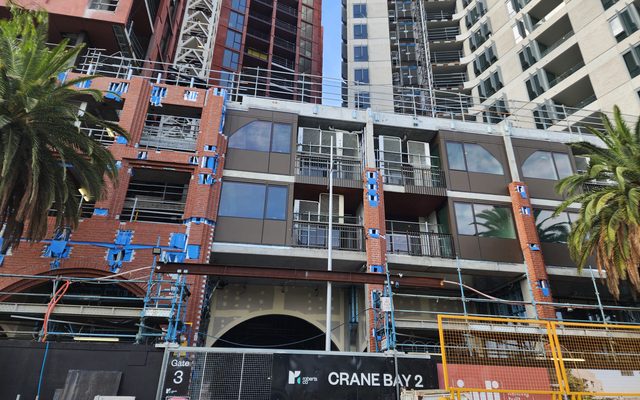This article is from the Australian Property Journal archive
MORTGAGE arrears of over 30 days were left unscathed by the COVID-19 pandemic in the third quarter, though new forecasts predict an increase for the second quarter of 2021.
According to a new report by Fitch Ratings, arrears performed as expected in the third quarter, dropping by 16 basis points to 1% from the previous quarter, and 7 basis points year on year.
Though, arrears have dropped in the third quarter every year for the last 12 years.
This was largely attributed to Australian lenders providing payment holidays to those lenders who were struggling in the face of the economic impact of the global pandemic.
Deferrals up to 10 months, as advised by the regulator, don’t have to be treated as arrears, meaning the Dinkum index is not expected to significantly increase. That is, until the payment holiday window concludes, with deferrals ending no later than the 31st of March 2021.
Arrears over 90 days were up to 0.64% from 0.61 in the previous quarter, this is its highest level in seven years. The report predicts this these numbers to rise in the coming years, as some lenders are unlikely to foreclose on properties in this economic climate.
Dinkum, at the end of the third quarter 2020, had 4.8% of borrowers under payment deferrals which was down 190 basis points quarter on quarter.
The Dinkum RMBS Index borrower payment rate and conditional repayment rate were at four-year highs, at 24.6% and 22.1% respectively in the third quarter.
“The rise in prepayment rates is likely to be due to more borrowers refinancing to take advantage of record-low interest rates and lockdown measures leaving borrowers with more unspent disposable income that has been used to repay debt,”
According to the Fitch ratings report, 3.6% of non-bank borrowers are under payment deferrals, that is the lowest of all prime issuers.
Among non-conforming transactions payment deferrals fell to 11.4% at the end of September, from a peak of 27.7% at the end of May of this year.
Quarter on quarter, home prices fell by 1.5% across the capital cities. The report forecasts that these numbers should continue to fall, but payment deferrals should limit forced sales, as such reducing the impact of the recession. Year on Year prices are however up by 4.9%.
RMBS losses, from the sale of collateral property, has stayed low, with insurance and excess spread largely covering principal shortfalls across the quarter. The report predicts that these losses will remain minimal as prices still sit above 2019 lows.


















